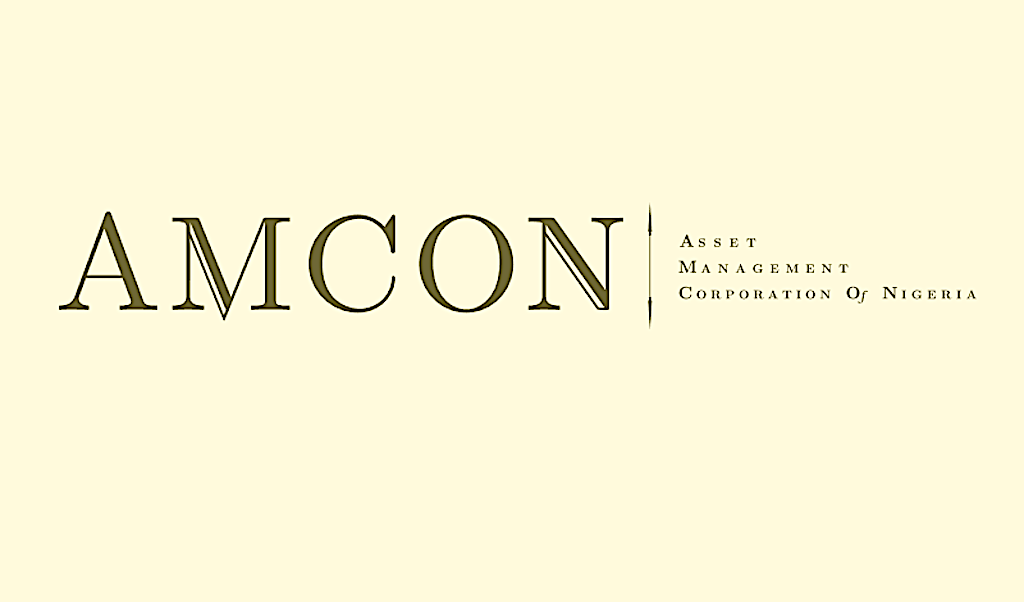FG Unveils New Reforms To Drive Nation’s $1trn Economy
FG Unveils New Reforms To Drive Nation’s $1trn Economy
* Hints of strong growth, investor confidence
* Tinubu hails reform gains
* FEC mourns Ewuga, Abdullahi
Deji Elumoye in Abuja
The Federal Government on Thursday unveiled the next phase of economic reforms aimed at propelling Nigeria towards a one-trillion-dollar economy, with a focus on removing barriers to investment and enhancing productivity.
Updating the Federal Executive Council (FEC) presided over by President Bola Tinubu at the Council Chambers of the State House, the Minister of Finance and Coordinating Minister of the Economy, Wale Edun, provided an update on the administration’s economic reform performance.
He outlined key measures underway, including a comprehensive review of tariffs and import restrictions designed to boost business confidence and attract new waves of capital investment into the economy.
His words: “The next phase of reforms will remove barriers holding back investors. We will review tariffs and import restrictions to stimulate productivity and investment. A detailed review of the federation and federal balance sheets is underway to optimise asset management for inclusive growth.
“We are improving fiscal reporting and budget realism, tightening expenditure frameworks and ensuring reform gains are made available to all Nigerians.”
The minister explained that a comprehensive assessment of the Federation and Nigerian Government balance sheets is currently underway, aimed at optimising asset management to promote inclusive and sustainable economic growth.
According to him, “The Tinubu-led administration is also strengthening fiscal reporting and budget transparency, tightening expenditure frameworks, and ensuring the gains of ongoing reforms are equitably shared among all Nigerians.”
He further said: “In Q2 2025, Nigeria’s GDP grew by 4.23% the highest in a decade outside the COVID-19 rebound. 13 sectors recorded growth above 7% up from nine in the previous quarter, showing broad-based resilience.
“The industrial sector nearly doubled its growth from 3.72% to 7.45% reflecting rising productivity and investor confidence. Inflation eased to 18% in December, while, as we know, foreign exchange reserves topped 43 billion, and our trade surplus topped 7.4 trillion. Clear examples of macroeconomic stability.
“As the consumer spending basket published earlier this year shows, our citizens now spend maybe about half of the income on basic needs, food, shelter and clothing, and as compared with almost 90% previously. This signals a country moving from subsistence towards productivity and indeed affluence.”
Edun also noted that Nigeria’s removal from the Financial Action Task Force (FATF) grey list marks a significant milestone in strengthening the nation’s financial integrity and global confidence.
The minister emphasised that a major takeaway from the meeting was the urgent need to mobilise domestic resources and channel greater investments towards infrastructure development and job-rich economic growth.
He said: “Hugely successful €2.35 billion bond issuance, in which the order book peaked at over $13 billion is a testament to continued investor confidence in our country and our reform agenda and Mr President’s leadership despite the political headwinds which we are all aware of. The market, shrugged off those political considerations and focused on the economic fundamentals of Nigeria.
“We remain committed to your vision of a N1 trillion economy by 2030 but to achieve this, we must accelerate output to 7% per annum growth by 2027 not just as an economic target, but as a moral imperative to end poverty.
“Critical to attaining this growth trajectory will be attracting the necessary investment into our economy. With public investment at only 5% of GDP, we must urgently develop investment-ready projects across so many sectors that will crowd in large-scale, domestic and external capital, direct investment in the economy by Nigerians as well as by foreigners,” the minister added.
Responding to Edun’s presentation, President Bola Tinubu said the Eurobond’s oversubscription, despite political anxieties, underlined global faith in Nigeria’s fundamentals.
His words: “Despite the political headwinds and fears, our partners have continued to engage with confidence.”
Thereafter, the Secretary to the Government of the Federation, Senator George Akume, announced to FEC the passing of former Minister and Senator, Solomon Ewuga, describing him as an accomplished leader dedicated to national development.
Ewuga, who served as Deputy Governor of Nasarawa State in 1999 before becoming Minister of State for the Federal Capital Territory, later represented Nasarawa North in the Senate.
He died on September 23, 2025 in Egypt at age 70. Council members observed a minute’s silence in his honour.
Akume also informed the Council of the death of a former Chief of Staff, Major-General General Mohammed Abdullahi (rtd), who served under President Olusegun Obasanjo and was a former Military Governor of Benue-Plateau State, as well as pioneer Director-General of the Nigerian Security Organization (NSO).
The Council again observed a minute’s silence.
“May their souls rest in perfect peace,” the SGF said.
* Hints of strong growth, investor confidence * Tinubu hails reform gains * FEC mourns Ewuga, Abdullahi Deji Elumoye in Abuja The Federal Government on Thursday unveiled the next phase
Read more



